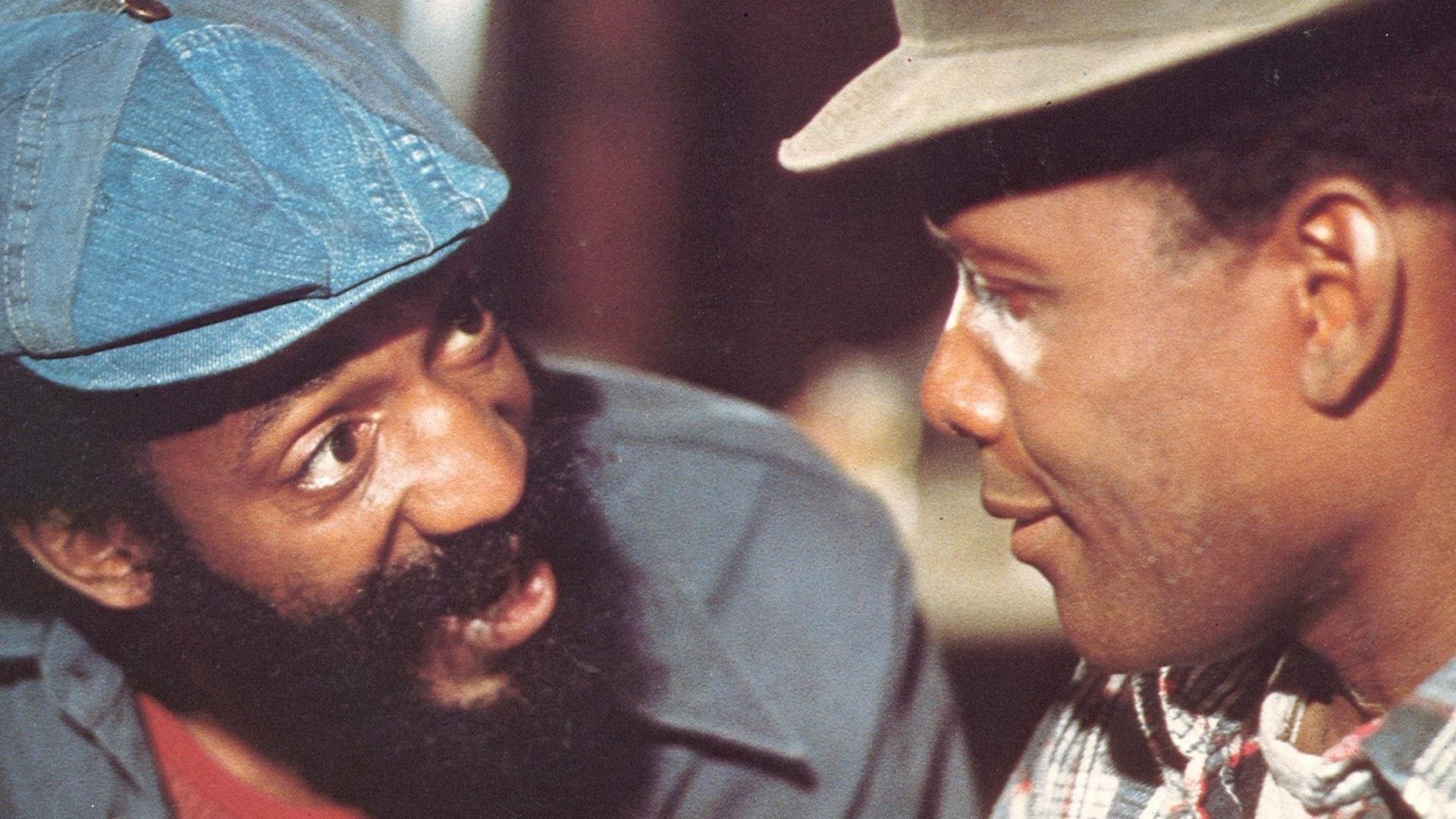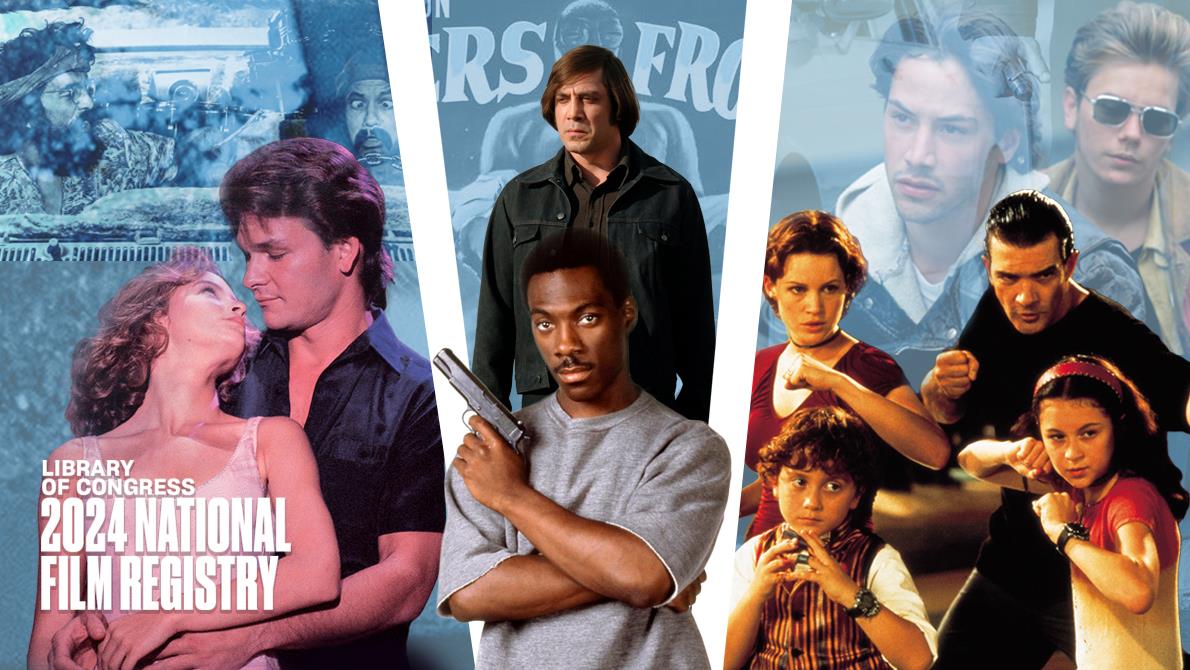
The Library of Congress has announced the addition of 25 films to the National Film Registry for 2024, honoring works of cultural, historic, or aesthetic significance. This year the selections celebrate the power of storytelling across generations, and a handful of the film selections have a particular spotlight on groundbreaking films that reflect Black creativity, resilience, and cultural impact. Among the newly inducted titles are Ganja & Hess (1973), Uptown Saturday Night (1974), and Beverly Hills Cop (1984)—works that have shaped cinema and amplified Black culture.

Bill Gunn’s Ganja & Hess remains one of the most revolutionary works in Black horror. Released in 1973, the film redefined the horror genre through a Black lens. Starring Duane Jones and Marlene Clark, it explored addiction, faith, and identity in ways that were decades ahead of its time.
Released the following year, Uptown Saturday Night brought a different energy to the screen. Directed by Sidney Poitier, the film paired Poitier with Bill Cosby and Harry Belafonte in a story that was filled with humor, heart, and sharp cultural insight. The film’s all-star Black cast and comedic brilliance solidified it as a cultural milestone. At a time when Hollywood often sidelined Black narratives, Uptown Saturday Night stuck with audiences and affirmed Black storytelling on the big screen.

Another standout among this year’s additions is Beverly Hills Cop, the 1984 blockbuster that cemented Eddie Murphy as one of Hollywood’s most iconic stars. Murphy’s portrayal of Axel Foley, a sharp-witted Detroit cop navigating Beverly Hills, reinvented the action-comedy genre and demonstrated real box office power. Axel Foley’s charisma and quick-thinking humor made him a popular culture figure, and the film’s success paved the way for future generations of Black actors and filmmakers to claim their space in mainstream cinema.
Other works highlighting Black contributions include the Zora Lathan Student Films (1975-76), which reflect the creativity of emerging Black filmmakers, and Compensation (1999), a poetic and deeply moving exploration of African American life directed by Zeinabu Irene Davis.
Librarian of Congress Carla Hayden emphasized the importance of preserving these diverse films for future generations. “Films reflect our nation’s history and culture and must be preserved in our national library for generations to come,” Hayden said. “We’re honored by the responsibility to add 25 diverse new films to the National Film Registry each year as we work to preserve our cultural heritage.”
Jacqueline Stewart, chair of the National Film Preservation Board, echoed Hayden’s sentiment, noting the ongoing effort to showcase the full diversity of American filmmaking.
This year’s inductees represent a wide range of genres, eras, and voices that continue to shape the national film heritage. From silent cinema and experimental works to blockbuster hits and deeply personal stories, the films selected honor the richness of the American experience. See the full list of 2024 inductees below:
- Annabelle Serpentine Dance (1895)
- KoKo’s Earth Control (1928)
- Angels with Dirty Faces (1938)
- Pride of the Yankees (1942)
- Invaders from Mars (1953)
- The Miracle Worker (1962)
- The Chelsea Girls (1966)
- Ganja & Hess (1973)
- Texas Chainsaw Massacre (1974)
- Uptown Saturday Night (1974)
- Zora Lathan Student Films (1975-76)
- Up in Smoke (1978)
- Will (1981)
- Star Trek II: Wrath of Khan (1982)
- Beverly Hills Cop (1984)
- Dirty Dancing (1987)
- Common Threads: Stories from the Quilt (1989)
- Powwow Highway (1989)
- My Own Private Idaho (1991)
- American Me (1992)
- Mi Familia (1995)
- Compensation (1999)
- Spy Kids (2001)
- No Country for Old Men (2007)
- The Social Network (2010)




